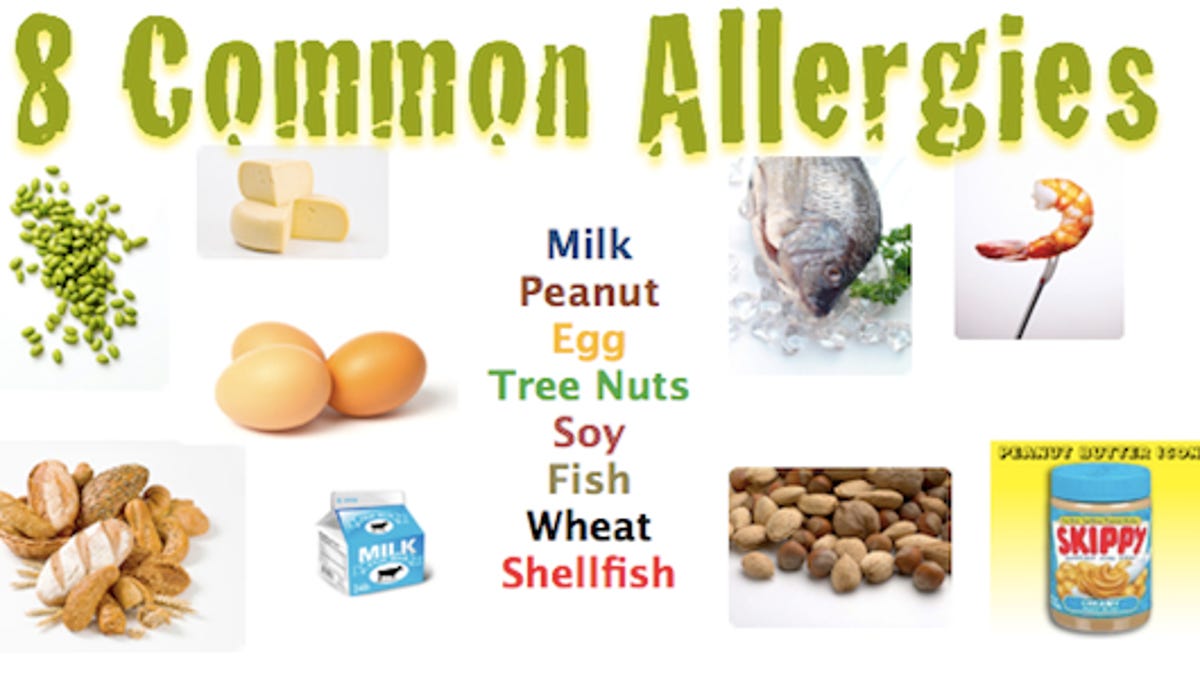Allergies & Immunology
Do FOOD ALLERGIES Run in Families?
By A.S. (staff writer) , published on August 05, 2021

Medicine Telehealth Health Food Allergies Can Food Allergy be Genetic?
Food allergies are growing food safety and public health concern. It is an overreacted body’s immune reaction to any particular food or any ingredient present in the food in which the body’s natural defense system mistakenly responds to a specific food as if it were harmful and starts releasing chemicals to fight it off.
Although the immune system is our body’s natural defense system protecting us from invaders or harmful infectious agents in people with food allergies, the immune system mistakenly recognizes specific food as an invader and trying to fight it off. This causes the release of certain chemicals precipitating symptoms ranging from mild to life-threatening reactions such as Anaphylactic Shock. It is a severe allergic reaction causing difficulty in breathing and a sudden fall in blood pressure.
It is estimated that more than 50 million Americans have an allergy of some kind and affecting 8% of children and 4% of adults, according to the Centers for Disease Control and Prevention [1].
Any food can cause an allergic reaction but eight foods account for 90% of all the allergic reactions [2]. These foods include:
-
Eggs
-
Milk
-
Peanut butter
-
Tree nuts
-
Wheat
-
Soy
-
Fish
-
Crustacean shellfish
Symptoms of Food Allergies
The symptoms and severity of allergic reactions to food may vary from individual to individual. Symptoms of an allergic reaction may involve the skin, the gastrointestinal tract, the cardiovascular system, and the respiratory tract. These symptoms may include:
-
Hives
-
Shortness of breath
-
Repetitive cough
-
Shock or circulatory collapse
-
Tight, hoarse throat; trouble swallowing
-
Pale or blue coloring of the skin
-
Dizziness or feeling faint
These symptoms may vary from mild to a life-threatening reaction like Anaphylactic shock. Anaphylaxis is a potentially life-threatening reaction in which a person feels difficulty in breathing and a sudden drop in blood pressure.
Can Food Allergies Be Inherited/Genetic?
There may be a genetic predisposition to the development of food allergies. It means food allergies can be passed down through genes from parents to their kids. If you, your partner, or any of your children have food allergies, it does not mean all of your kids will definitely get them.
A study concluded that the chances of acquiring food allergy from parents are marginally higher than in the general population. A recent study published in the Journal of Allergy and Clinical Immunology revealed that 53% of siblings of allergic children were sensitized to food but not reported any symptoms of food allergies.
There is a clear difference between food allergy and sensitivity or food intolerance. Food allergy is an overreacted immune response to a specific food. While a sensitivity or intolerance is a reaction to a certain type of food result from a reaction of your digestive tract. So around 53 % of children of food allergic parents were sensitized only and not reported any food allergic symptoms.
Further, results revealed approximately 33% of siblings tested negative and didn’t get any food allergic symptoms. Only 13% had a defined food allergy. So it’s deducted from this study only a small proportion of siblings develop food allergy symptoms or they are at comparatively higher risk of developing food allergy than in the general population.
Other than genetics, environmental factors also play a major role in potentially developing allergies. It is important to remember that allergies within families may also reflect combined environmental and genetic factors that contribute to the development of food allergies. Further research is needed to better understand the link between genetics and food allergies.
What Steps You Should Take If your baby Is at risk of developing Food Allergy?
If your baby is at increased risk of developing a food allergy, there are few steps that you can take to mitigate your baby’s risk:
-
Breastfeeding your baby may help prevent the development of food allergies. Since breastfeeding is linked to many other health benefits.
-
Keep the eczema of your baby under control
References
- Dr. Damien Jonas Wilson, M. (n.d.). Can Food Allergies Be Genetic? Retrieved from News Medical Life Sciences: https://www.news-medical.net/health/Can-Food-Allergies-Be-Genetic.aspx
- Food Allergies. (n.d.). Retrieved from CDC: https://www.cdc.gov/healthyschools/foodallergies/index.htm
- Food Allergy. (n.d.). Retrieved from American College of Allergy. Asthma, and Immunology: https://acaai.org/allergies/types/food-allergy
- Jordan C. Smallwood, M. (n.d.). All About Allergies. Retrieved from KidsHealth from Nemours: https://kidshealth.org/en/parents/allergy.html
- Ruchi Gupta, M. M. (2016, July). Food Allergy Sensitization and Presentation in Siblings of Food Allergic Children. Retrieved from NCBI: https://www.ncbi.nlm.nih.gov/pmc/articles/PMC5010481/
Find articles related to: Medicine Telehealth Health Food Allergies Can Food Allergy be Genetic?
More articles about Allergies & Immunology
Back to the Health Tips Index




